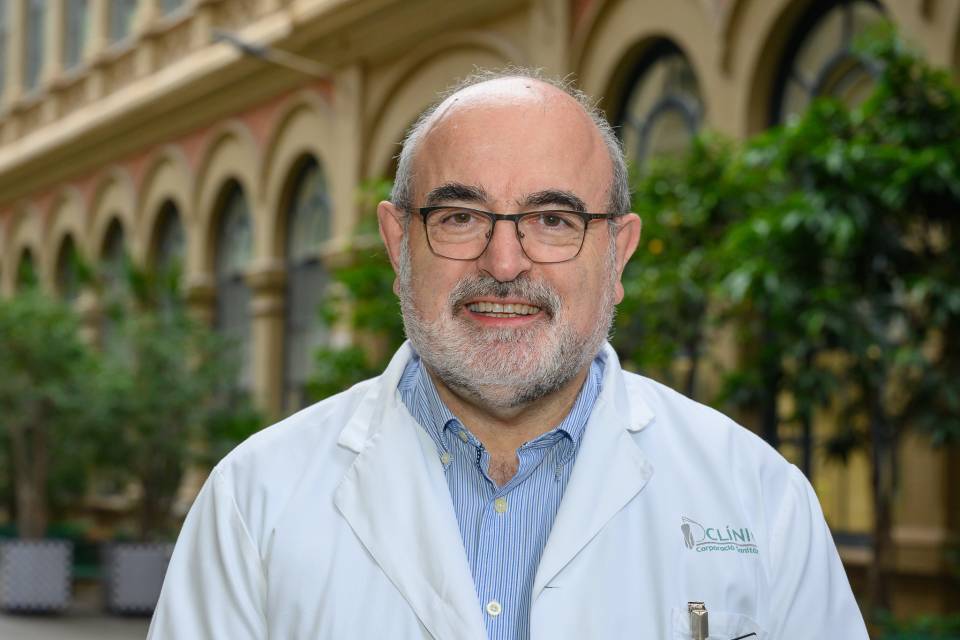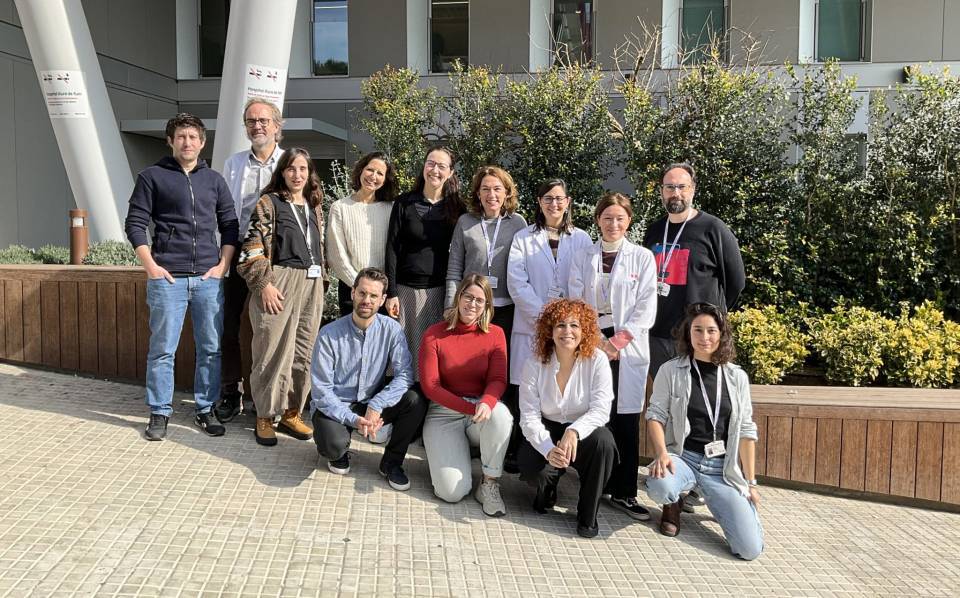Researchers from the Clínic-IDIBAPS took part in an international study published in Nature Genetics, which analysed how cells that accumulate mutations colonize the oesophageal epithelium as we age.
The first author of the study was Albert Herms, currently a researcher in the IDIBAPS Lipid Trafficking and Disease group, led by Albert Pol. The experiments in the article were carried out during Albert Herms’ postdoc at the Sanger Institute, and the most recent studies were carried out at IDIBAPS.
Ageing and changes in DNA
As people grow older, somatic mutations—i.e. changes to DNA that are not inherited—accumulate in healthy cells. One of the most mutated tissues is the oesophagus. Little is known about the mechanisms driving mutant clone expansion over the proliferation of normal cells and, “understanding these processes may open opportunities for cancer prevention by limiting the number of transformable cells in normal tissues”, says Albert Herms.
The key to the study, published in Nature Genetics, lies in the P13K signalling pathway, a cellular process that controls cell growth and survival. Given that activating mutations in the oncogene Pik3CA were found in normal oesophageal epithelium in healthy donors, the aim was to analyse whether these mutations confer an advantage to this tissue. So, the team generated an innovative mouse model that makes it possible to activate the mutation in individual cells and follow their evolution, as well as using advanced 3D culture models. This approach made it possible to observe that mutant cells tend to survive longer than normal cells, as they are less likely to differentiate and scale and, therefore, to be lost.
“Using an advanced 3D culture system and tools such as CRISPR, they showed that mutant cells with Pik3CA activation expand thanks to increased activity of this pathway”, explains Albert Herms.
The metabolism, key to cell behaviour
One of the most important findings from the study is that the metabolic environment of cells plays a crucial role in their behaviour. The researchers observed that this expansion promoted by Pik3CA in mice depends on metabolic conditions such as overweight or diabetes.
Thus, overweight mice showed more accelerated growth of mutant cells, suggesting that the metabolism may influence the expansion of these cells. This was also confirmed by analysing the oesophageal tissue from overweight people in whom a greater colonization of mutant cells was observed compared to normal-weight people.
The conclusions of the study are clear: Pik3ca mutations promote the expansion of mutant cells in the oesophagus with ageing, and this expansion is modulated by the metabolic environment. This suggests that factors such as obesity and diabetes may contribute to the development of oesophageal diseases related to these mutations, including some forms of cancer.
Study reference:
Herms A, Colom B, Piedrafita G, Kalogeropoulou A, Banerjee U, King C, Abby E, Murai K, Caseda I, Fernandez-Antoran D, Ong SH, Hall MWJ, Bryant C, Sood RK, Fowler JC, Pol A, Frezza C, Vanhaesebroeck B, Jones PH. Organismal metabolism regulates the expansion of oncogenic PIK3CA mutant clones in normal esophagus. Nat Genet. 2024 Aug 21. doi: 10.1038/s41588-024-01891-8.




